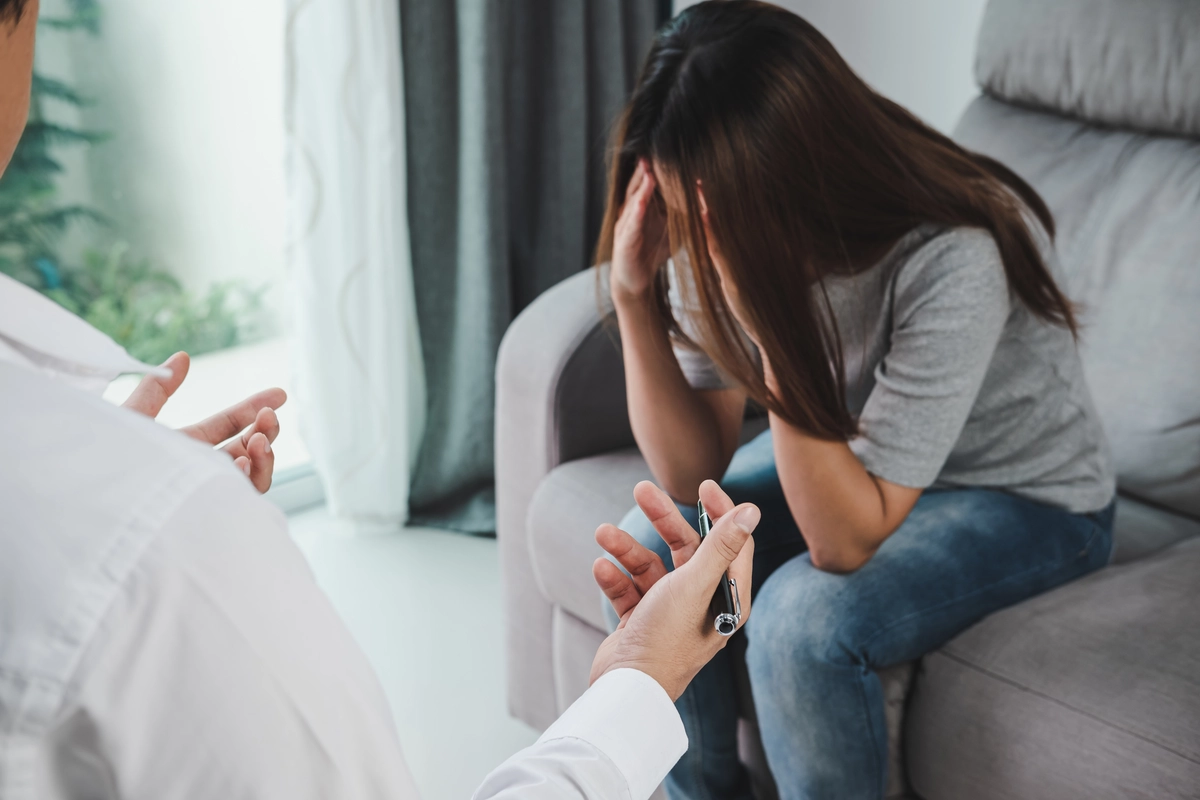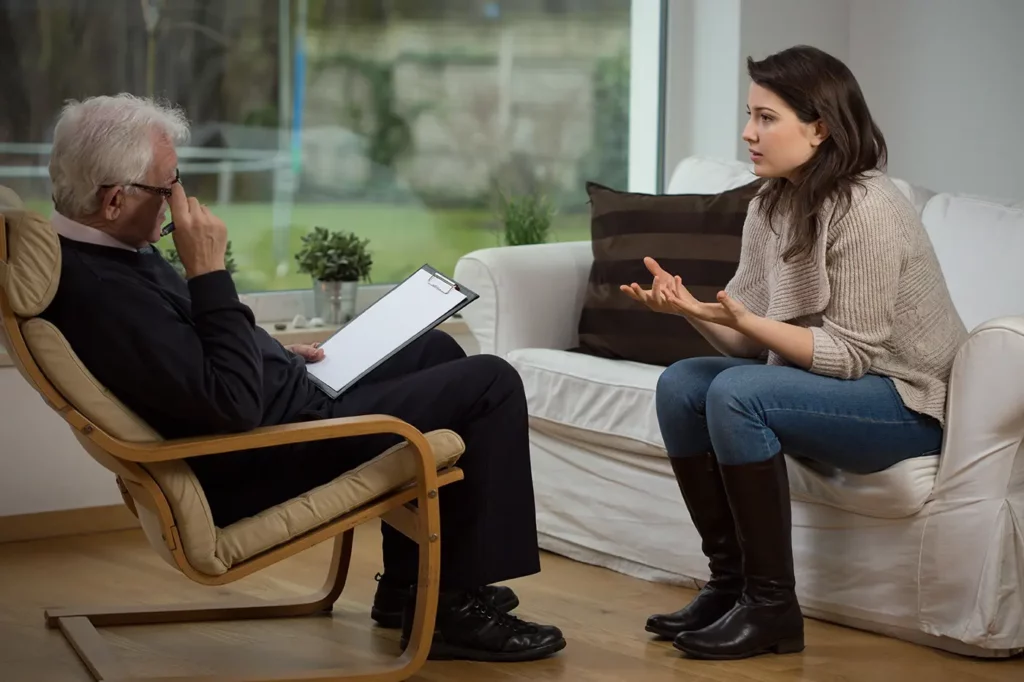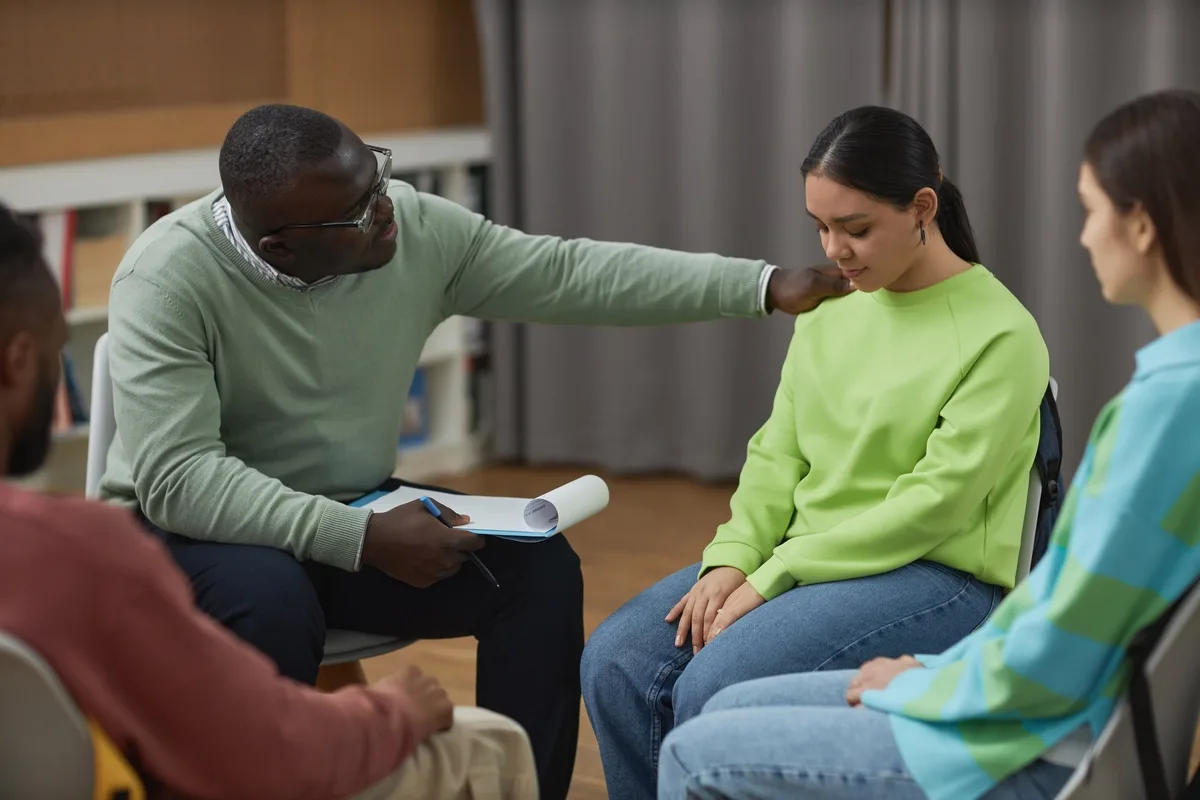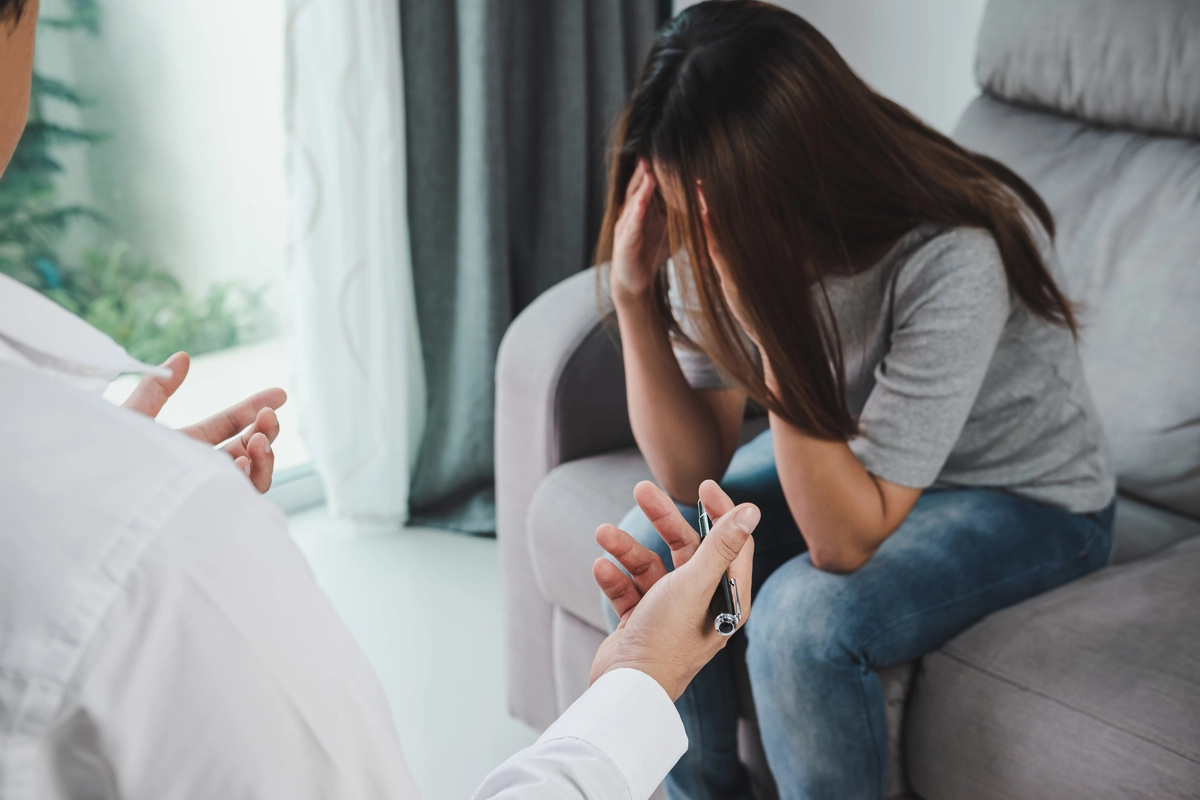24/7 Helpline:
(866) 899-221924/7 Helpline:
(866) 899-2219
Learn more about OCD Treatment centers in Greentown
OCD Treatment in Other Cities

Other Insurance Options

PHCS Network

Ambetter

Carleon

Covered California

Group Health Incorporated
Beacon

State Farm

Ceridian

EmblemHealth

Medical Mutual of Ohio

AllWell

BlueShield

Self-pay options

Cigna

Humana

GEHA

Sliding scale payment assistance

Holman Group

Kaiser Permanente

Lucent


The Gilead House
The Gilead House is a Non-Profit rehab center located in Indianapolis, IN. The Gilead House speciali...

Four County Counseling Center
4C Health Solutions is a dual diagnosis behavioral health treatment center located in Kokomo, IN. Wi...

First City Recovery Center
Freedom is within reach at First City Recovery Center. Based out of Kokomo, Indiana, FCRC offers a f...

Community Howard Behavioral Health Services
Community Howard Behavioral Health Services offers the complete realm of behavioral care to treat th...






























AA – Alcoholics Anonymous
AA – Alcoholics Anonymous is a private rehab located in Kokomo, Indiana. AA – Alcoholics Anonymous s...














